Right now, leaders from around the world are meeting in Paris to discuss the future of the earth’s climate. Other writers have covered what is at stake in Paris, including:
- An explainer by Brad Plumer at Vox
- A Q&A by Nell Greenfieldboyce at NPR
- An excellent four-minute video from Grist about the 22 years of treaties leading up to Paris
This article gives you a sampling of the many Cascadian leaders participating in the climate talks and what they hope to accomplish there.
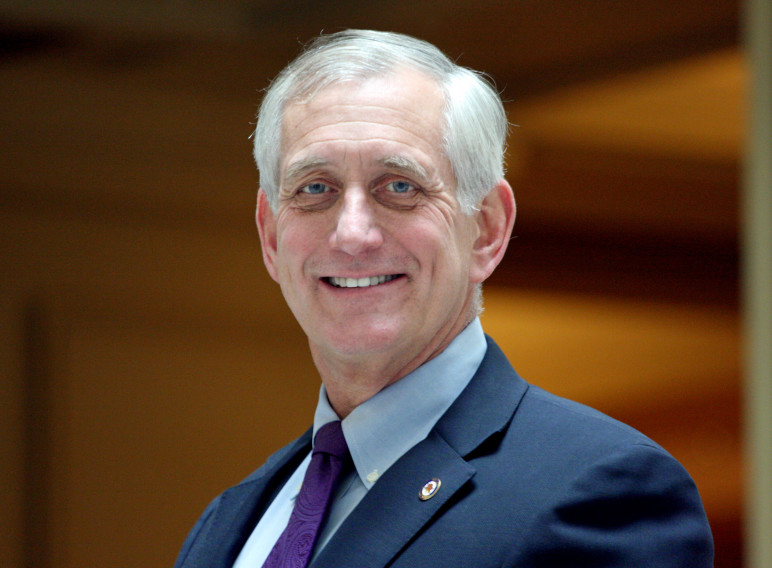
Portland Mayor Charlie Hales
“While the national debate focuses on the allocation of burden—who’s going to pay for what or take which action—cities look at climate action as a positive vision of the future, creating a high quality of life that attracts jobs, investment, and sustainable growth. Cities are laboratories of innovation and the locus of action in the climate movement. When mayors get together at these summits, we share ideas and generate action items, as well as engage in a virtuous competition for who gets to the future faster. That’s why cities will lead the world in the battle against climate change.”
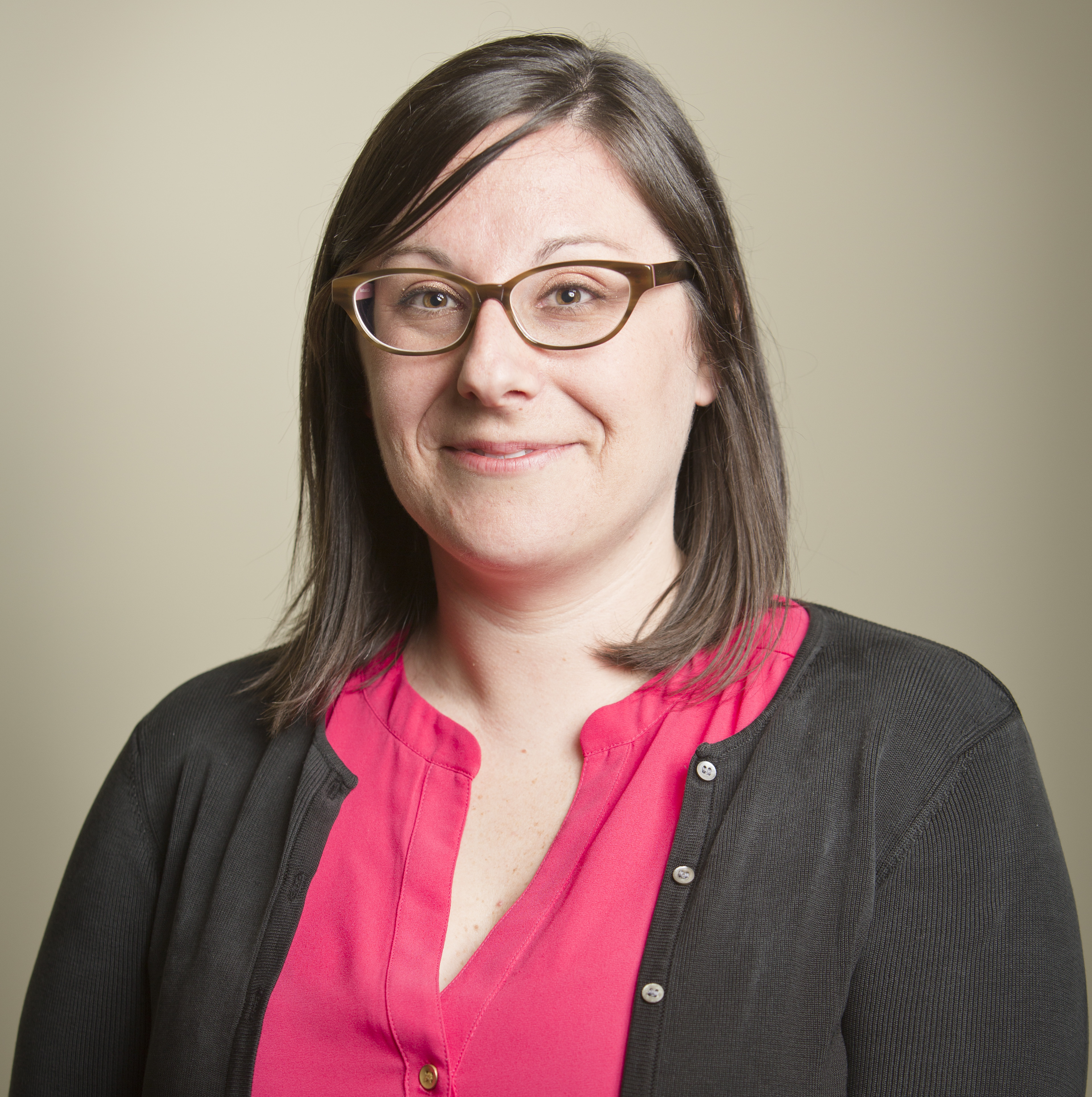
Jessica Finn Coven, Director, Seattle Office of Sustainability and the Environment
“Cities have already demonstrated they are key contributors to climate action and Seattle is proud of our leadership in pioneering global warming solutions. In Paris, we will have the opportunity to collectively offer up solutions to a world-wide audience and amplify the enormous public support for meaningful progress on climate change.”
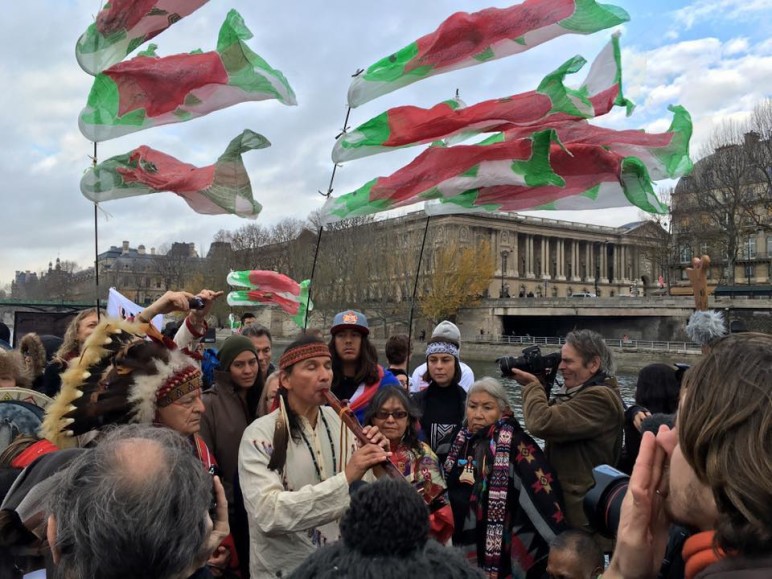
Denise Henrikson, Paul Cheokten Wagner and Lisa Marcus, Salmon Is Life
“Through beauty, we will amplify the voices of Indigenous people and those with no voice and invite all people to heed the call of their hearts and join the movement for climate justice and a sustainable future.”
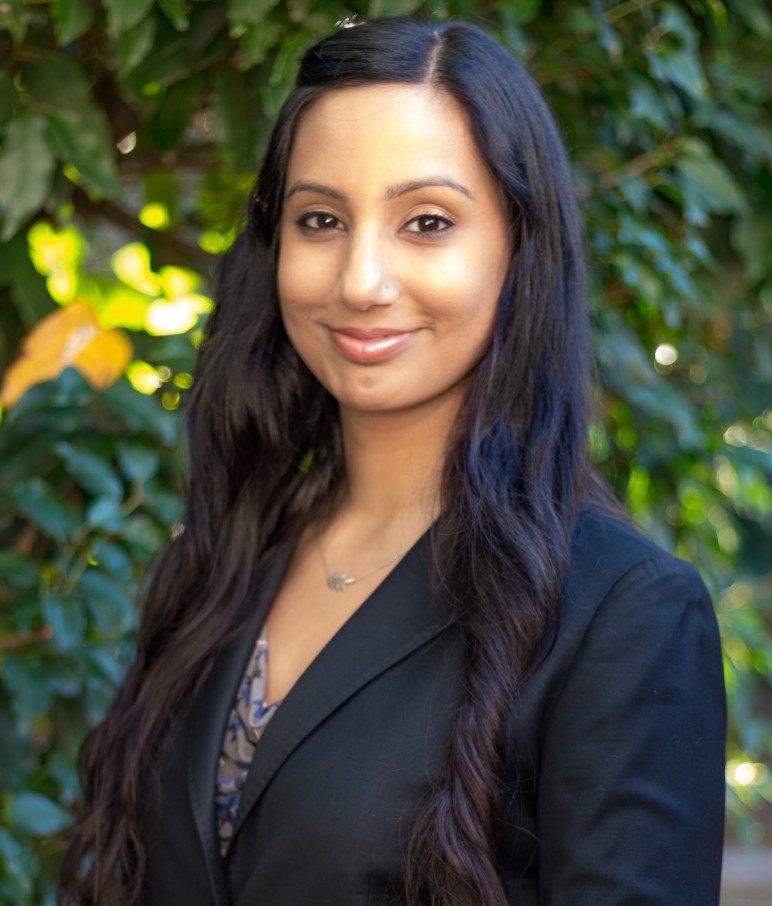
Ruchi Sadhir, Advisor to Oregon Governor Kate Brown
“Governor Brown believes Oregon’s unique and special way of life is being threatened by climate change. Oregon is already experiencing the impacts of increased drought, devastating forest fires, fish die-offs from increased water temperature, and less snowpack that leads to less water supply. Future generations will rightly judge the morality and leadership of this generation not by the fact of climate change, but by how we responded. My participation in the world climate conference in Paris is essential to ensuring that Oregonians have a seat at the table as the world decides how to mitigate climate change and adapt to the challenges climate change brings.”
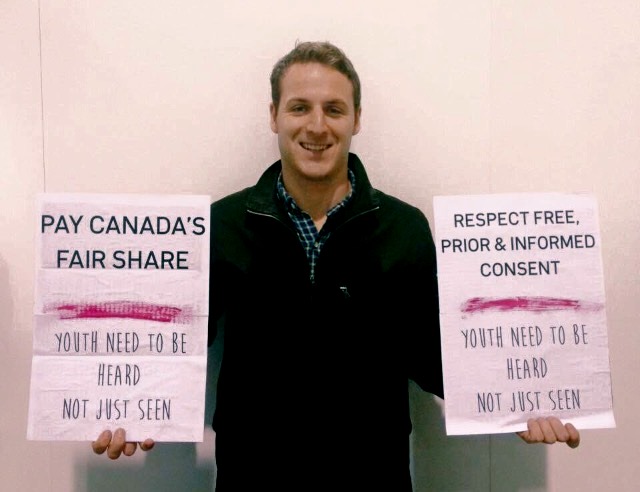
Torrance Coste, Wilderness Committee
“From a BC perspective, being at COP21 is a bizarre experience. No other sub-national leaders are promoting themselves as climate champions over here while scrambling to build a brand new fossil fuel industry (LNG) at home.
“While leaders from Cascadia are taking about action on climate change, the discussion around climate justice is entirely lacking. The U.S. has suggested weakening the language in the agreement around Loss and Damage and compensation from rich to poor countries, and Canada has supported them in this.
“As wealthy nations we have a responsibility to transition to a completely fossil fuel free economy by 2050 at the latest, but we also have a duty to help nations in the global south make this transition, and to survive the devastating impacts of climate change. Climate action can’t exist without climate justice, and world leaders and negotiators are still missing that.”
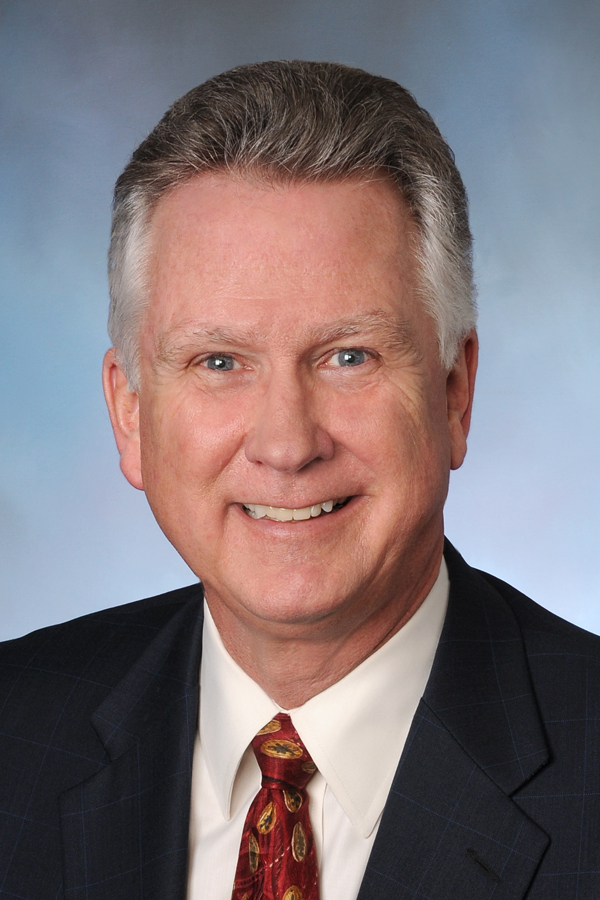
Larry Phillips, King County Council
“Climate change is the paramount challenge of our generation. It poses immediate threats to our resources and security and is an existential threat to our children and grandchildren. A sensible, global agreement to address this and avoid catastrophe is past due.
“For the past decade, King County has assumed leadership in addressing climate change, culminating in the adoption of our new Strategic Climate Action Plan in November 2015. I am proud to share this work with other elected leaders in Paris.”
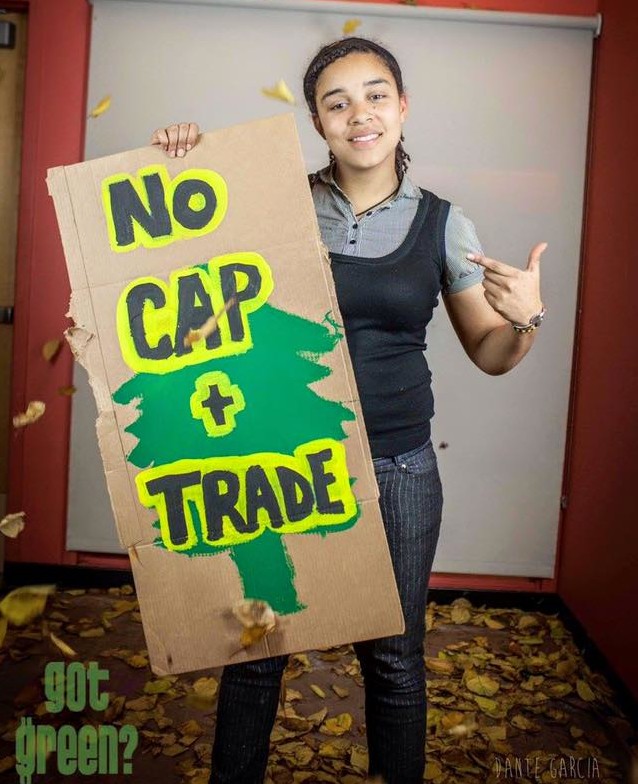
Sarra Tekola, Got Green
“As a second-generation Ethiopian with the opportunity to go to the Paris Climate talks, I have an obligation to advocate for the Global South, the half of the world that gets left out and marginalized in these negotiations. I will be going with environmental justice and indigenous leaders from across the country in the It Takes Roots delegation to elevate the needs of frontline communities. I also want to highlight the progress Seattle is making in climate action. Our Congress may be dysfunctional, but cities in the United States are where the real climate action is happening in our country. ”
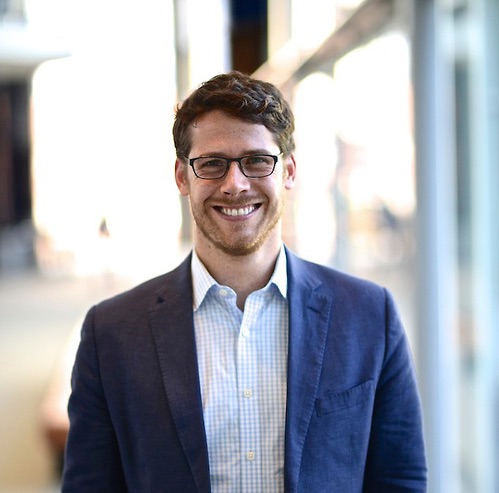
Ben Serrurier, formerly with Climate Solutions, now with Yale School of Forestry and Environmental Studies
“Coming from the Northwest, I am going to Paris with the goal of sharing our experience of cleaner air and greater economic prosperity and connecting with other sub-national campaigns. State and regional campaigns are particularly important on the international stage because they represent real reductions happening on the ground. The tangible climate action happening at the state and regional level backs up the commitments made by world leaders—especially President Obama—and results in an overall stronger international agreement.”
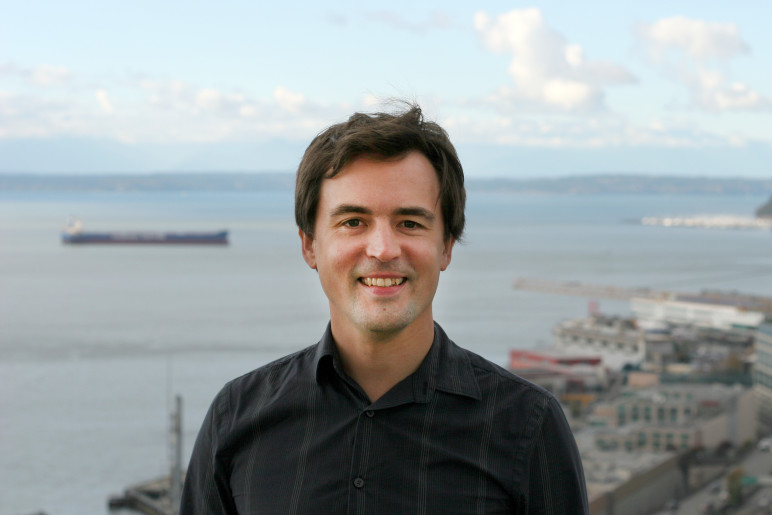
Pete Erickson, Stockholm Environment Institute
“I hope for a strong political agreement, coupled with a clear means of increasing (‘ratcheting up’) the ambition later. This particular agreement clearly isn’t going to be adequate for reaching 2 (or 1.5) degrees, but we need to make it easy, and paramount, for future pledges to increase that ambition.
“On local action, historically, cities and states have served as lighthouses to help show the way in terms of ambitious goals and on-the-ground action. Going forward, as part of an ambitious, global transition to a low-carbon economy, the most critical role for cities will be to do what they can do best: plan walkable, transit- and people-friendly communities. We recently released a report on this topic: “What Cities Do Best: Piecing Together an Efficient Global Climate Governance.”
[button link='{“url”:”http://www.sightline.org/research/climate-energy/”,”title”:”Love what you read? Find more climate articles here.”}’]


Comments are closed.